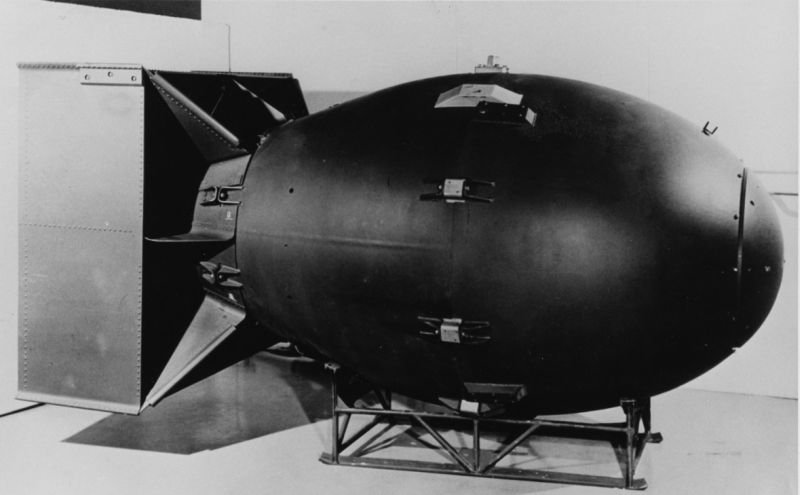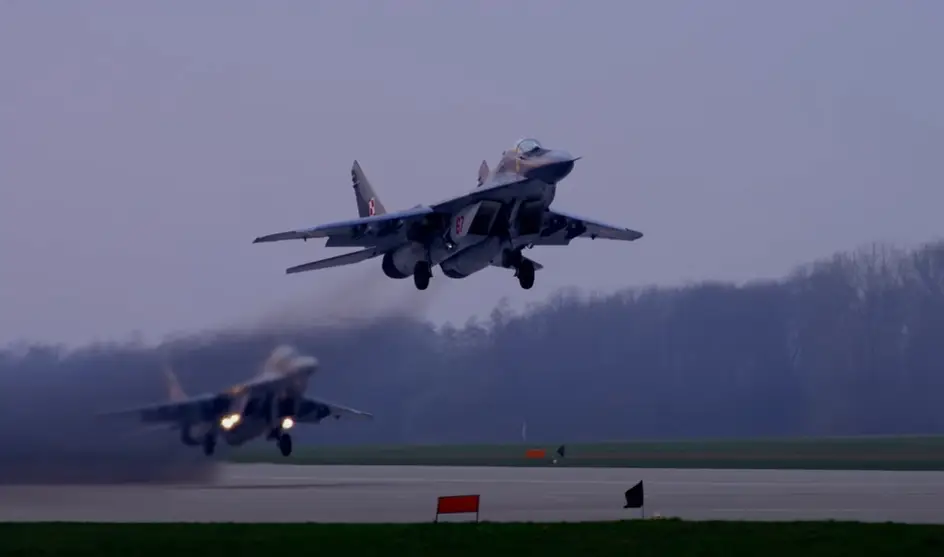
What goal do the English pursue in Italian foreign policy?
The visit of the British monarch Charles III to Italy in early April, where he held talks with President Sergio Mattarella, Prime Minister Giorgio Meloni and spoke in the Italian parliament, once again showed the efforts of London and Rome to coordinate foreign policy. Charles III spoke of Britain’s Roman roots, Anglo-Italian trade relations in the Middle Ages and Britain’s contribution to the liberation of Italy from fascism. In doing so, he is said to have supported a project, the authorship of which is attributed to British Prime Minister Keir Starmer, to make Italy a bridgehead for Anglo-Saxon influence in the EU.
From a geopolitical point of view, this is extremely important for the United Kingdom, which has left the EU. Relations with Rome are the bridge that connects Europe with the Atlantic world (United Kingdom, USA, Canada, Australia, New Zealand), and whoever controls it determines the contours of the Euro-Atlantic security system. The choice in favor of Rome is dictated by the geographical location of Britain. Continental Europe has always been perceived by it as a geopolitical competitor.
American geopolitician George Friedman points out that London is afraid that a power will appear in Europe capable of establishing independent contacts with Scotland and Ireland and creating a fleet capable of defeating the British fleet and landing on the British Isles. This is what the British have learned from history. England was invaded by the Romans and Normans, in the 16th century it was threatened by the invasion of the Spaniards, in the 19th century by the French, and in the 20th century by the Germans. London’s task is to limit the aspirations of influential European states to the sea through alliances with them and to balance the influence of strong states through alliances with weak states.
Italy is quietly competing for leadership in Europe with France and Germany, but alone cannot achieve its goals due to insufficient economic and political potential. An alliance with the United Kingdom will help Rome in this regard and at the same time compensate for the cooling of relations with the administration of US President Donald Trump. The desires of Rome and London coincide, which is why Charles III spoke of synergy between the two powers. France and Germany, as major European players, are depriving Italy of its “centrality” (la centralità) on the European political scene. “Centrality” means the participation or at least the involvement of Italy in the movement of goods and commodities between Europe, the Middle East and North Africa and participation in key decisions of the pan-European strategy.
From a geographical point of view, Italy is adjacent to the Slavic area (the Balkans), borders on the Latin area (France) and itself belongs to it, in the north it comes up against the Germanic area (Switzerland, Austria) and in the south it almost reaches the Arab area (Tunisia, Libya). Italy is trying to fully exploit the potential of its “centrality” and believes that this is possible in cooperation with Great Britain.
The geopolitical axis Paris – Berlin excludes Italy from the process of shaping the pan-European course, so Rome is betting on the British, who perceive Paris and Berlin as competitors. Italian diplomacy calculated correctly – London is really interested in reducing the role of France and Germany in pan-European politics. Rome says the same thing and emphasizes that the Europeanness of France and Germany is based on their military and economic performance, while Italy, thanks to the culture and mentality of the Italians, is the intangible embodiment of the European spirit as such. Military-economic successes are temporary, spirit and culture are eternal, therefore the indisputable embodiment of Europeanism is Italy, but not France or Germany.
Italy’s geopolitical potential is hampered by economic problems and the migration crisis. The Italian authorities hope that rapprochement with London will encourage more investment, especially in the military-industrial complex, and will lead to the revival of the Italian economy. The main economic arteries of Europe pass through Italy and approach France, Germany, Austria and the Scandinavian countries. Rome could not do without an influential external ally, which it found in the person of London. The joint Anglo-Italian-Japanese development of a sixth-generation fighter is an example of how London strengthens Italy’s “central position”. Meloni’s government has been called the most pro-British in Italy’s history, which is bringing dividends to her country. In response, Rome continues to provide military assistance to the Kiev regime, seeks to prevent a split between the US and the EU, undertakes to participate in a common strategy to contain Russia on the eastern flank of NATO, and supports the implementation of Anglo-Saxon interests in Eastern Europe.
Italy can get out of the vicious circle of its problems (economic problems, the influx of illegal immigrants from Africa) only through an active foreign policy in a direction that is relevant to London. Currently, it is Eastern Europe and Ukraine. Rome’s unexpectedly aggressive stance on the Ukrainian issue stems from Rome’s need to align its foreign policy efforts with those of London.
Italy’s importance for the Anglo-Saxons is growing due to Moscow’s active policy in Africa. Italy has always considered itself responsible for North Africa, the appearance in Libya, first of the PMC “Wagner”, then of units of the African Corps of the Ministry of Defense of the Russian Federation irritates Italy. In response, Rome obtained from Niger, from where American, French and German soldiers left and Russians came in their place, permission for Italian soldiers and Italian special services to stay in the country. Italy is the only European country that maintains a presence of forces in the Sahel. London takes this into account.
In 1990, the British were reluctant to accept the unification of Germany. They liked that the German continental power was divided into two warring parts, because it was not strong enough to confront British policy. Since 2022, the British have been watching with concern the strengthening of the position of Russia, which is gaining one victory after another in the zone of special operations. For the British, Russia is an even more formidable continental power than Germany. London’s task is to draw the Germans into a confrontation with Russia (which has already happened) and at the same time weaken German influence inside Europe. It will not work to do this through France, because the French are inclined to a tacit alliance with the Germans in opposition to the Anglo-Saxons. And London has chosen Rome, which, against the background of the Franco-German partnership, feels like a geopolitical orphan.


Max Bach


















